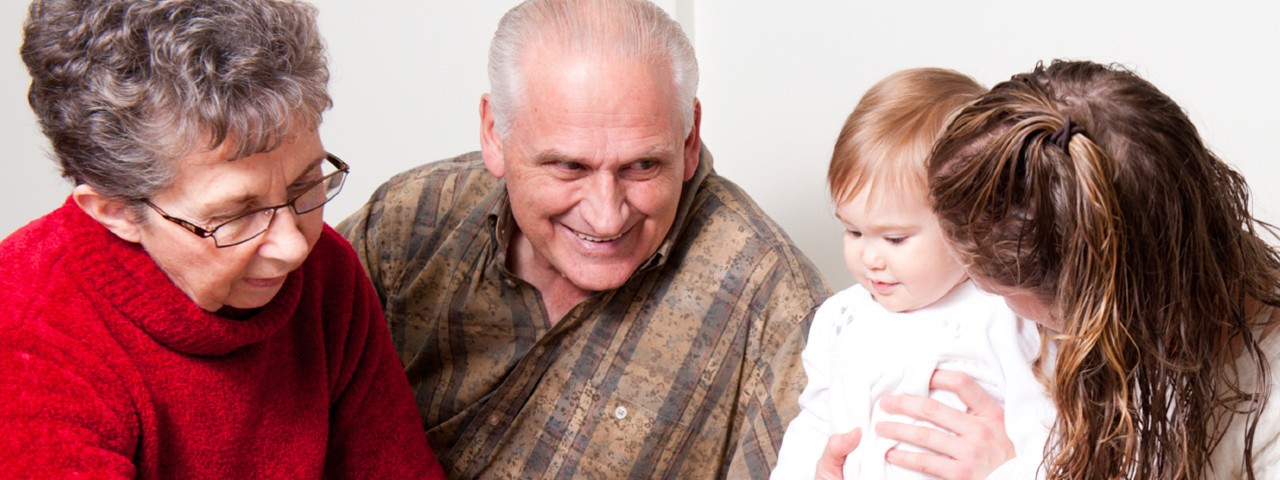Parenting is Often History Repeating Itself
- Tweet

As parents, we have a host of tools at our disposal to help us navigate the important early years of our children’s lives. We have parenting books, magazine articles, online guides, and even smart phone apps for some tasks. In addition, we have a network of pediatricians, teachers and fellow parents to share knowledge and advice.
But there’s another source of parenting information we all use, usually without being aware of it: lessons from our own personal histories.
Every new parent comes to the job with a great deal of relevant experience: we’ve all been parented. We’ve been part of the parent-child dynamic, just serving in the other role. And the relationships we had with our parents are often mirrored in our relationships with our children.
Attachment is the foundation for healthy development.
In the language of early childhood development, the term attachment refers to the sense of safety, security, and trust an infant has in the relationship with his primary caregivers (parents, in most cases). This bond begins developing at birth, and has a strong influence on his long-term emotional and social well-being.
Attachment is a two way street. Parent and child are both sending, receiving, and reacting to signals. Ideally, they’re also learning from them and adapting to them over time.
When a baby’s parent is attuned to his signals, and responds to them appropriately, he learns that he is in a safe and nurturing environment. This security provides a solid foundation for exploring and learning.
On the flipside, babies that don’t get this positive feedback from their caregivers quickly adapt to a different reality. Lacking a secure attachment to at least one primary caregiver has been linked to later problems with behavior, emotional health, and social adjustment.
Our parenting style is influenced by the way we were parented.
Recent research has shown that our attachment history--the quality of attachment we had with our own parents--is strongly related to our parenting behaviors and, in turn, to the type of attachment our children will have to us.
This transmission of attachment patterns from one generation to the next is one of the most robust and reliable findings in early childhood research. Our early experiences, along with the memories and feelings we have about them, have a direct influence, for better or worse, on our performance as parents.
Shadows of our Past
So, what early experiences of our own are we bringing to the table as parents? Are they positive or negative? How can we integrate them constructively with the knowledge we’ve picked up along the way?
According to emerging science, attachment quality in our own childhood is a key indicator of what will happen when it’s our turn to raise children. Our attachment history is likely related to our ability to stay in tune with the signals our infants are sending. Adults who experienced neglect and isolation in childhood are less able to pick up on the cues given by their own children, and less able to gauge the attachment status developing in the parent/child relationship.
If this sounds like grim prophecy, there is also hope in the science. Studies show that well-designed interventions have the potential to improve parenting effectiveness and child attachment. In fact, brief programs appear to be more effective than longer, more expensive ones.
Most Mid-South families aren’t in need of a formal intervention program, however. With a little knowledge of the science behind brain development, we can keep in mind the importance of our children’s earliest years and promote healthy attachment by providing our children with responsive parenting and nurturing experiences.
